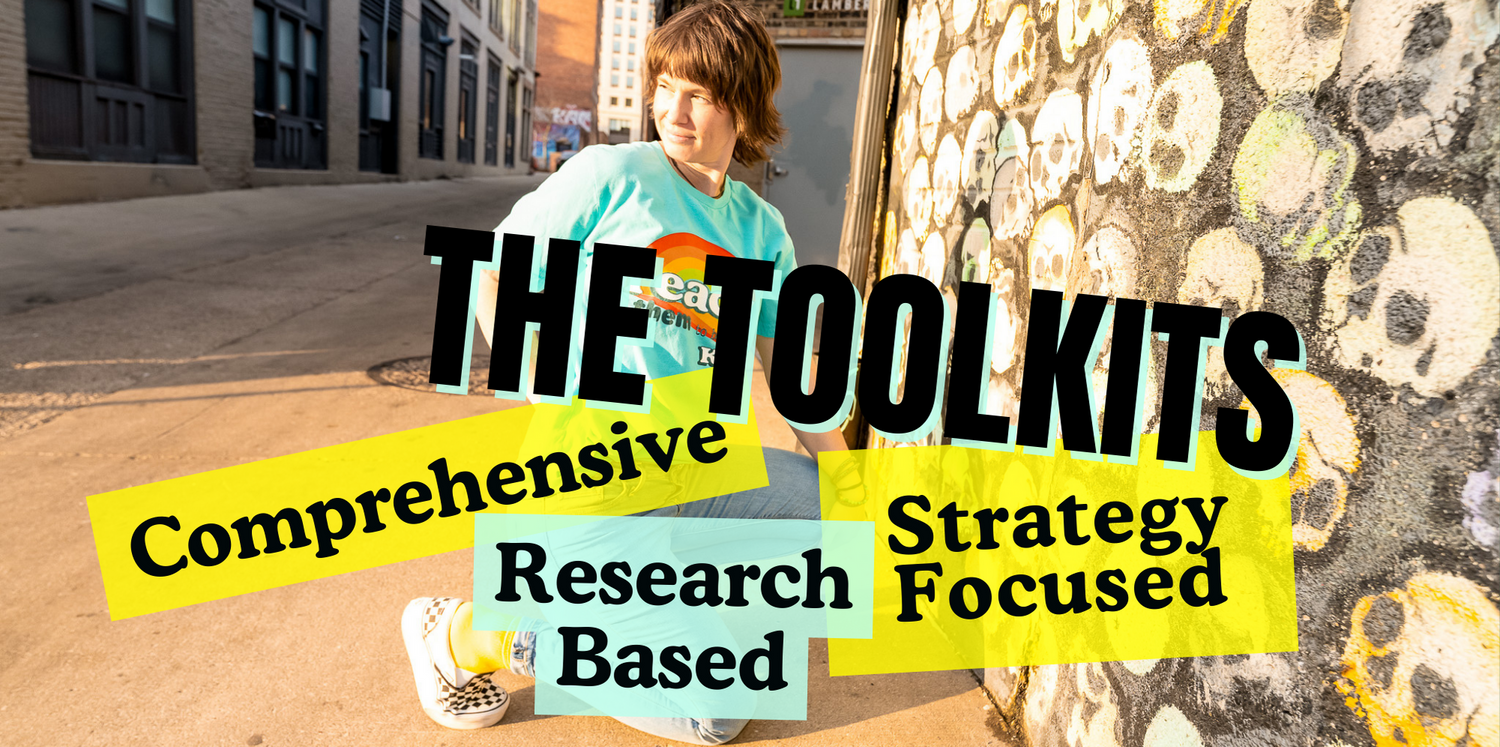
The Role of Motivation in Behavioral Responses
Share
Introduction:
In our last post HERE, we discussed how behavior acts as a form of communication, influenced by 5 unmet needs: safety, comfort, autonomy, belonging, and competency. These unmet needs influence behavior through influencing motivation. In order to help students manage their behavior we have to positively influence students’ motivation.
Understanding Motivation:
Motivation is the engine behind behavior. It's derived from the Latin "moto," meaning "to move" which is the same root word of “emotion.” Ancient philosophers saw a close relationship between the two, believing emotions influence both motivation and behavior.
Think of it like this: if behavior is the sailboat, motivation is the wind that propels it, and emotions are the weather, determining the intensity and direction of the wind.
How Emotions Drive Motivation:
Emotions influence motivation in three ways:
- Intensity: Stronger emotions generate stronger motivations, leading to more intense behaviors.
- Priority: Emotional urgency prioritizes certain behaviors over others.
- Persistence: The more emotionally charged a situation, the more persistent the behavior.
Behavior as a Response:
Understanding that emotions heavily influence motivation allows us to see behavior as a response to emotional states rather than isolated incidents or choice actions. This perspective can drastically change how we physiologically and emotionally react to students' behaviors, increasing the chances of an empathetic response instead of a stress response.
And how we prevent it…
If you would like to learn instructional strategies specifically designed to prevent student overwhelm and anxiety check out the Neurodivergent and ADHD Toolkits HERE.
Next Up:
In the next post “Perceptions and Reactions: Shaping Behavior,” releasing 10/14, we'll discuss how our perceptions and reactions can influence behavior further and how we can adjust our responses to support positive changes. This insight is crucial for anyone looking to improve their interactions and positively influence behavior.
Do you want to bring this understanding into your school? Check out the Meet the Needs (MTN) Training for Schools and Districts.
The MTN Training is a 4.5 hour cooperative learning experience where I train your staff and teachers on the science of:
- behavior
- motivation and
- needs in the classroom.
Described as “Comprehensive” and “Expertly Delivered”, this training explores how the 5 Needs influence the emotion and behavior of our students, our selves, and our loved ones. The MTN Training includes interactive and universal strategies, story telling, and personal connection to engage teachers and deepen their understanding and connection to the emotions and motivation of their students.







